On November 23, 2024, the revised Law on Cultural Heritage was officially passed by the National Assembly , coinciding with Vietnam Cultural Heritage Day, marking an important turning point in the protection and promotion of heritage values. With many newly added contents, this law is expected to create a solid legal corridor to improve the effectiveness of heritage management and conservation in the context of sustainable development.
The revised Law on Cultural Heritage consists of 9 chapters and 95 articles, significantly expanding and supplementing the current law. The content of the law clearly reflects the Party and State's policy in promoting the role of culture, while meeting the requirements of sustainable national development. The new provisions in the law clarify the principles and responsibilities in heritage management, while resolving inadequacies and overlaps in the current legal system, creating more favorable conditions for the protection and promotion of cultural heritage values.
The National Assembly passed the full text of the Law on Cultural Heritage (amended). (Photo: Phuong Hoa/VNA)
One of the notable highlights is the specific regulations on the establishment of heritage according to ownership types. This is not only consistent with the Civil Code but also ensures compatibility with international treaties that Vietnam has participated in. Prohibited acts in heritage protection are also clarified and improved, creating a strong legal basis for inspection and handling of violations. In particular, the adjustment of the boundaries of the protected area of relics and the buffer zone of world heritage is regulated in detail, helping to increase feasibility when applied in practice.
In addition to protection, the law also provides priority policies to promote heritage values. New regulations on the Cultural Heritage Conservation Fund, the management of relics and antiquities, and the handling of cases of discovered antiquities are evidence of comprehensive attention. This creates opportunities for the conservation of tangible heritage, while opening up new directions in the effective management and exploitation of cultural resources, contributing to promoting sustainable development.
The addition of a policy on digitizing cultural heritage is one of the new potential points. In the era of technological development, the application of digital technology will support the conservation of heritage more effectively, while creating conditions to widely promote the unique cultural values of Vietnam to the international community. This is considered a pioneering step in modernizing heritage conservation work.
Chairman of the Committee for Culture andEducation Nguyen Dac Vinh presented the Report on receiving, explaining and revising the draft Law on Cultural Heritage (amended). Photo: Collected
Not only stopping at protection, the revised Law on Cultural Heritage also emphasizes the role of people - the subjects living with the heritage. For intangible heritage, the existence of these cultural values depends entirely on the community to protect and practice. The Law has provided regulations to support and protect the community and those directly involved in preserving these values, thereby ensuring the sustainable development of the heritage.
Regulations on decentralization and delegation of authority in cultural heritage management have also been added to enhance the effectiveness of law enforcement. This helps reduce the burden on central management agencies, while encouraging localities to be more proactive in preserving and promoting heritage values. Simplifying administrative procedures and investment conditions in this field also creates favorable conditions and promotes active participation from the business community and social organizations.
According to Dr. Le Thi Minh Ly, Vice President of the Vietnam Cultural Heritage Association, the revised Law on Cultural Heritage has set out the necessary conditions to balance conservation and development. The provisions in the law focus on protecting and at the same time strictly controlling the expansion and development of forms of investment related to heritage, ensuring that the value of heritage is preserved intact, not eroded or distorted by commercial pressures.
In particular, the addition of provisions related to digital transformation and modern technology shows the vision of the lawmakers. This is a powerful tool to connect heritage with the community, create new experiences for the public, and raise awareness of the importance of preserving cultural values.
The revised Law on Cultural Heritage not only provides a clear legal framework but also creates a strong motivation for agencies, organizations and individuals to actively participate in heritage protection. This is an important step forward for Vietnam's cultural heritage to be preserved, promoted and affirmed on the world cultural map. The harmonious combination of law and practice will open a new, promising chapter for the journey to protect the precious values of the nation.
Hoang Anh - SEAP


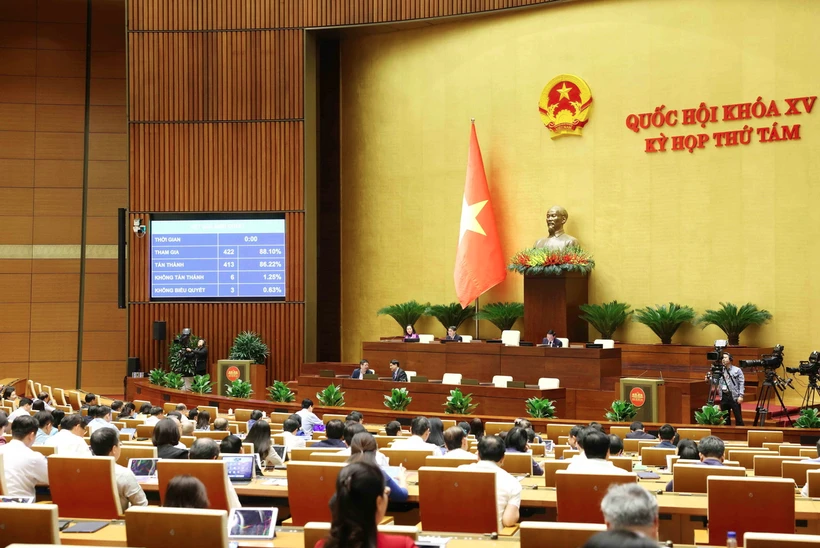




![[Photo] Readers line up to visit the photo exhibition and receive a special publication commemorating the 135th birthday of President Ho Chi Minh at Nhan Dan Newspaper](https://vphoto.vietnam.vn/thumb/1200x675/vietnam/resource/IMAGE/2025/5/17/85b3197fc6bd43e6a9ee4db15101005b)
![[Photo] Prime Minister Pham Minh Chinh chairs meeting on science and technology development](https://vphoto.vietnam.vn/thumb/1200x675/vietnam/resource/IMAGE/2025/5/17/ae80dd74c384439789b12013c738a045)
![[Photo] More than 17,000 candidates participate in the 2025 SPT Competency Assessment Test of Hanoi National University of Education](https://vphoto.vietnam.vn/thumb/1200x675/vietnam/resource/IMAGE/2025/5/17/e538d9a1636c407cbb211b314e6303fd)







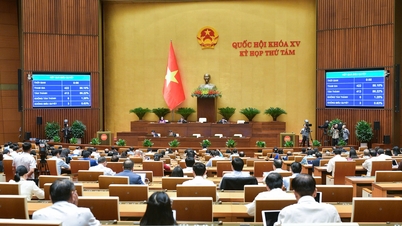

















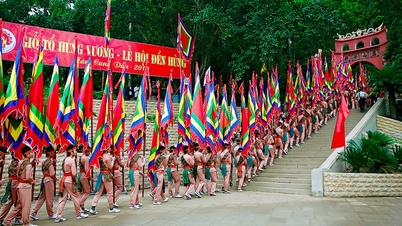

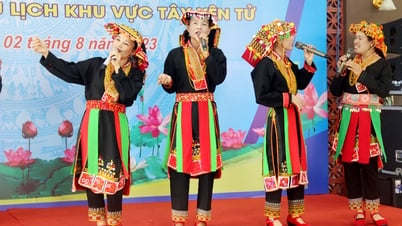
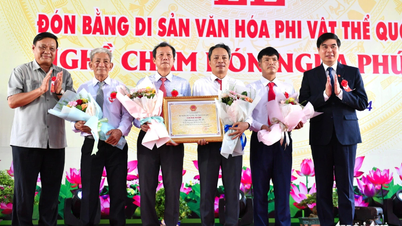
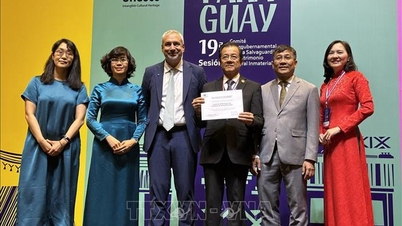

![[Photo] Nearly 3,000 students moved by stories about soldiers](https://vphoto.vietnam.vn/thumb/1200x675/vietnam/resource/IMAGE/2025/5/17/21da57c8241e42438b423eaa37215e0e)














































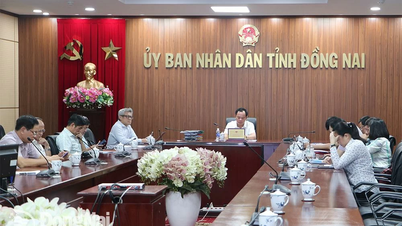













Comment (0)